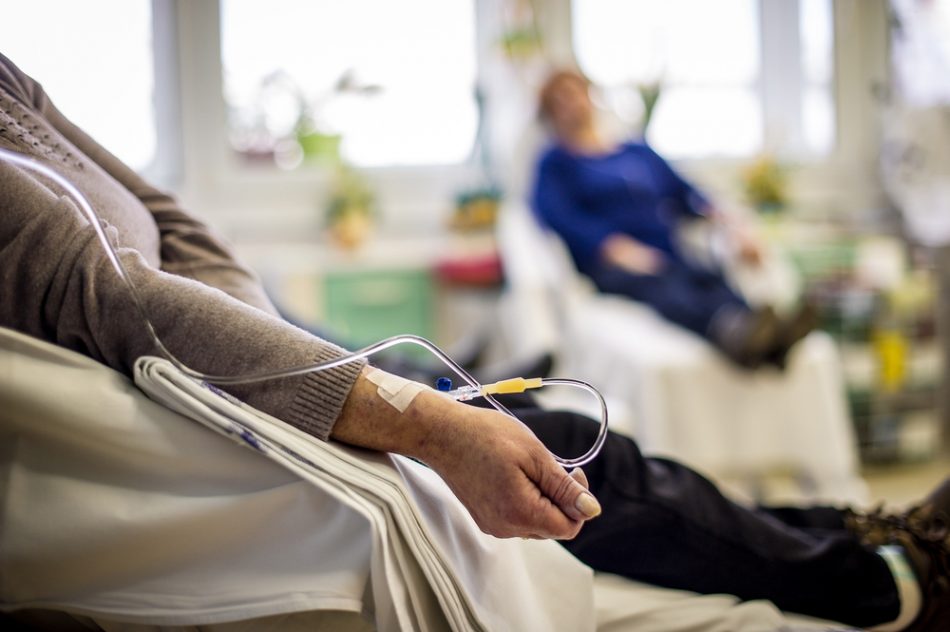Researchers studying potential treatments for pancreatic and triple-negative breast cancers have reported that they may be on track to a promising therapy with the development of a new drug called ProAgio.
The team from Georgia State University created ProAgio with help from the structure of a human protein. The drug works by targeting the cell surface receptor integrin αVβ₃ which is found on cancer-associated fibroblasts. These fibroblasts generate collagen which tumors use to create the stroma, a protective barrier that helps them grow. ProAgio targets these cancer-associated fibroblasts to prevent tumor growth.
In mice with pancreatic cancer, the drug was found to be effective in reopening collapsed blood vessels damaged by a dense stroma. In mice with triple-negative breast cancer, the drug helped reduce leaky angiogenic tumor vessels. In both cancers, the drug allowed other treatments to more effectively reach the tumor and improve survival rates.
After these successful trials, the researchers have submitted an Investigational New Drug (IND) Application. If approved, the drug will move forward with human trials in the near future.
Dense fibrotic stroma is what makes pancreatic and triple-negative breast cancer so difficult to treat. Pancreatic cancer is one of the most deadly with a five-year survival rate of just eight percent. ProAgio has the unique ability to target only detrimental fibroblasts (some are key to healing and play a beneficial role) to offer improved outcomes for patients with minimal side effects. We will continue to follow this research as it heads towards clinical trials.











